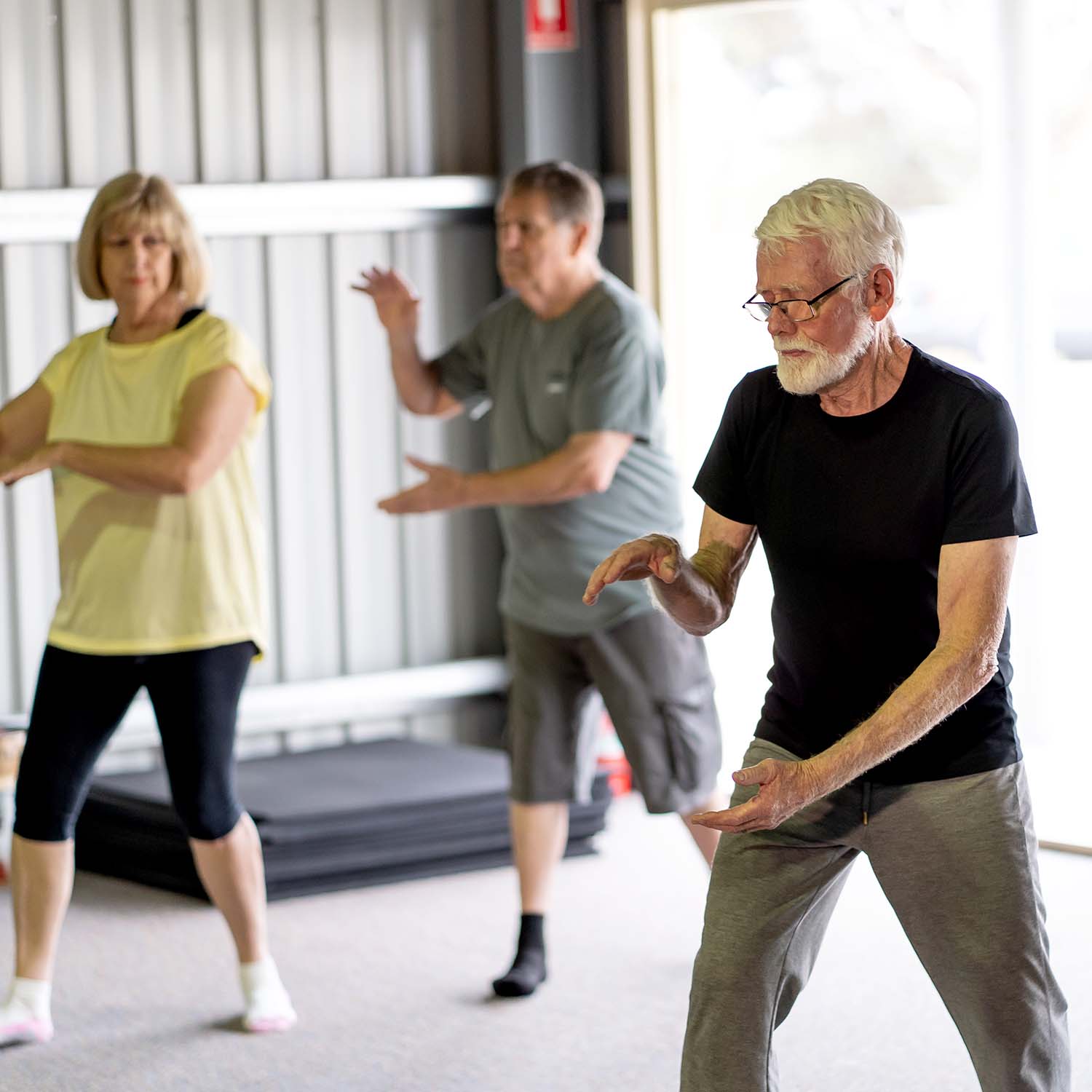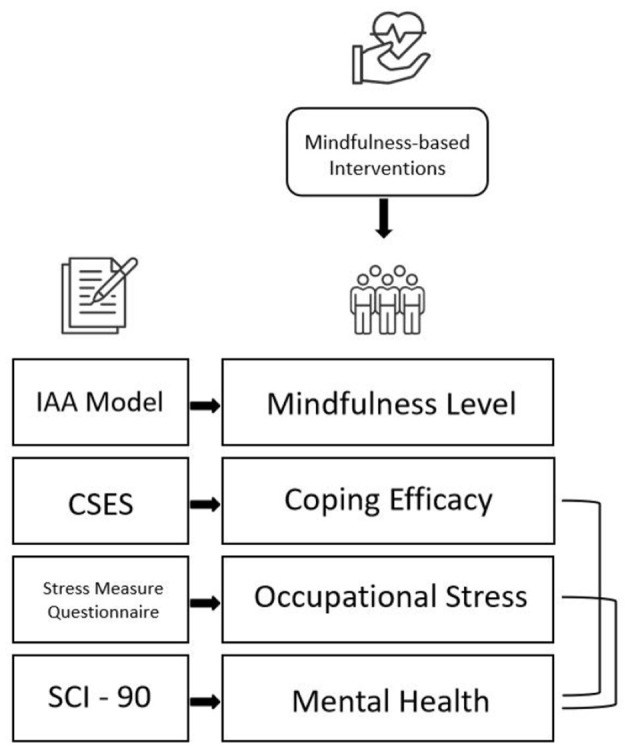
By John M. de Castro, Ph.D.
In today’s Research News article “Effect of qigong on pain and disability in patients with chronic non-specific low back pain: a systematic review and meta-analysis of randomized controlled trials.” (See summary below or view the full text of the study at: https://pmc.ncbi.nlm.nih.gov/articles/PMC11849339/ ) Yu and colleagues review and summarize the published research on the effects of Qigong practice on the pain and disability of patients with chronic non-specific back pain. They report that the research indicates that Qigong practice produces a significant in the disability of the patients but no significant reduction in pain.
So, Qigong practice is beneficial for chronic back pain patients.
CMCS – Center for Mindfulness and Contemplative Studies
This and other Contemplative Studies posts are also available on the Contemplative Studies Blog http://contemplative-studies.org
Study Summary
Yu D, Wu M, Zhang J, Song W, Zhu L. Effect of qigong on pain and disability in patients with chronic non-specific low back pain: a systematic review and meta-analysis of randomized controlled trials. J Orthop Surg Res. 2025 Feb 24;20(1):194. doi: 10.1186/s13018-025-05576-8. PMID: 39994723; PMCID: PMC11849339.
Abstract
Background
Chronic non-specific low back pain (CNLBP) is a common health problem worldwide. Patients with CNLBP often suffer from persistent pain, with a few being disabled by their pain, affecting their daily functioning and social participation. This study aims to systematically evaluate the effects of pain and dysfunction in Qigong patients with chronic non-specific back pain through systematic evaluation and gathered analysis of random control test data.
Methods
We searched nine databases from their inception dates until April 2024. Relevant randomized controlled trials (RCTs) were included. Patients were assessed for pain using the Visual Analog Scale and Numeric Pain Rating Scale and for disability using the Oswestry Disability Index and Roland-Morris disability questionnaire. The risk of bias was assessed using the Cochrane Collaboration tool. CMA V3.0 was used to analyze data.
Results
Sixteen RCTs involving 1175 participants were included. These studies have different designs, and the participants are mainly around 60 years old. The results showed that the qigong practice improved pain significantly more than the control measures ([Mean Difference MD] = − 1.34, 95% confidence intervals [CI] − 1.76 to − 0.92, p < 0.001 Minimal Clinically Important Differences MCID = 1.5), and the efficacy of short-term interventions (MD = − 1.88, 95% CI − 2.87 to − 0.9, p < 0.001) was superior to that of long-term interventions (MD = − 1.07, 95% CI − 1.49 to − 0.65, p < 0.001). For improvement in the degree of dysfunction, qigong practice showed a higher effect size (MD = − 5.88, 95% CI − 7.98 to − 3.78, p < 0.001 MCID = 5) than that observed in the control group.
Conclusion
Qigong practice is effective in improving disability in patients with CNLBP, but has no significant effect on improving pain. However, due to the high heterogeneity, the results need to be interpreted with caution.

